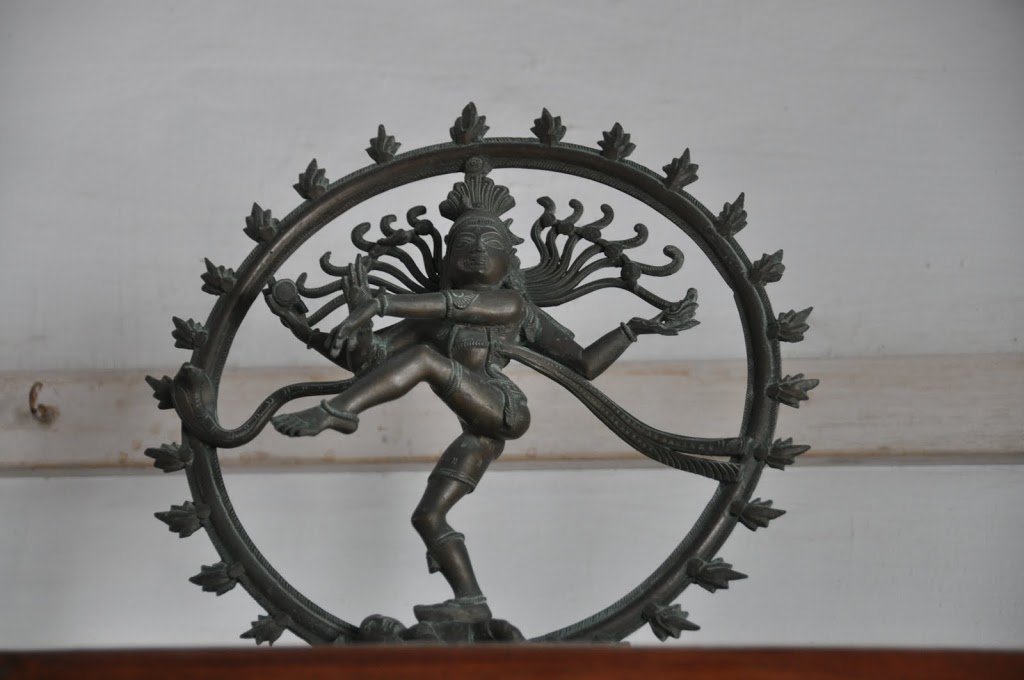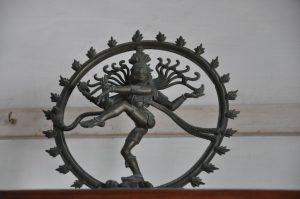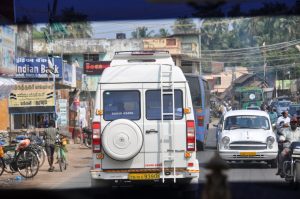
And whoever saves a life, it is considered as if he saved an entire world.
– Babylonian Talmud
India is a teenager; its birth, resulting from Independence in 1947. Suckled by the British Empire, India benefited from some of the infrastructure left behind by its colonial masters – specifically, a web of transportation and communication as well as a universality of English. Like any baby, it suffered separation anxiety; hundreds of thousands of Muslims and Hindus met terrifying and tortuous deaths as partition was enforced in the early day. As the nation grew, it became a petulant and impudent child. A policy of self-sufficiency was launched by its government in the 1970’s, severely limiting imports of any sort. You could not buy a pair of Levis or a Coke. The only car available was the locally produced and stodgily styled Ambassador, still on the road today. While such a policy produced short term hardships and second grade products, it served to launch India into the 20th century. In less than a generation, the country evolved from a sustenance based agricultural society to an industrialized nation, created a new middle class along the way and sowed the seeds for future growth.
As 2010 rings in, India is in its adolescence. Sometimes and in some ways, it steps forward onto the world stage and assumes an adult like role. Witness its continued economic growth over the past two years while the west remains mired in an entropic recession. India is part of the BRIC anagram, joining Brazil, Russia, and China as the national vanguards of this nascent century. Yet in other ways, it remains under-developed, displaying an immaturity reflective of all teenagers, acting as men one day, children the next. For example, a lack of social responsibility on the governmental level, requiring all of us volunteers to be here to provide the types of services which should rightly be handled by a nation state striving to attain first world stature. The underdeveloped road system, the unreliable power grids, the chaotic mix of live animals, three wheeled rickshaws, large trucks, motorcycles and other vehicles competing for limited road space, with a rancour and cacophony of noise pollution from incessantly blaring horns unbefitting a nation that has made such strides forward in such a short period of time. A good first step wold be adopting the use of the turn signal, an apparently vestigial organ on all cars here. But it will all come. Not for free, but it will all come.
As India moves toward adulthood, it will do as all adults do – employ certain lessons learned from its parents while rejecting others. This is where culture comes into play. Unfortunately, as maturity sets in, part of the magic of youth will disappear. As cellphones become even more ubiquitous, part of the face to face communication will disappear forever. As children leave small towns and villages where their ancestors have lived for generations, moving to places such as Bangalore, getting higher paying jobs in back office call centers, and becoming Roger instead of Rajid, part of the country’s uniqueness will vanish. Development means homogenization. The beautiful temples with their storied legends that have been sewn into the mindset of every young Indian child like the rich and colourful weavings of the saree will become distant memories as the next generation trades religion for TV. For the first time conscious effort will have to be expended to ingrain a culture that in previous times had entered the Indian psyche by osmosis.
Is this a good thing? Yes and No. Children will read. They will eat. They will receive medical care. They will also get divorced, take drugs, and become just another cog in the globalization machine. The march to adulthood is an inevitable one, full of joy, pain and uncertainty. With proper leadership, socially and politically, to lessen the inevitable trauma associated with growth, India will mature and take its rightful place as a global superpower at some point this century. It is my hope that as a world leader, it will not have given up too much of what made it a unique nation. India’s spirituality, its diversity, its creativity and above all else the grace that is exhibited by its citizenry should be reflected in the new order and serve as a role model for the other nations of the world as India assumes its paternalistic duties in the coming years.





No Comments